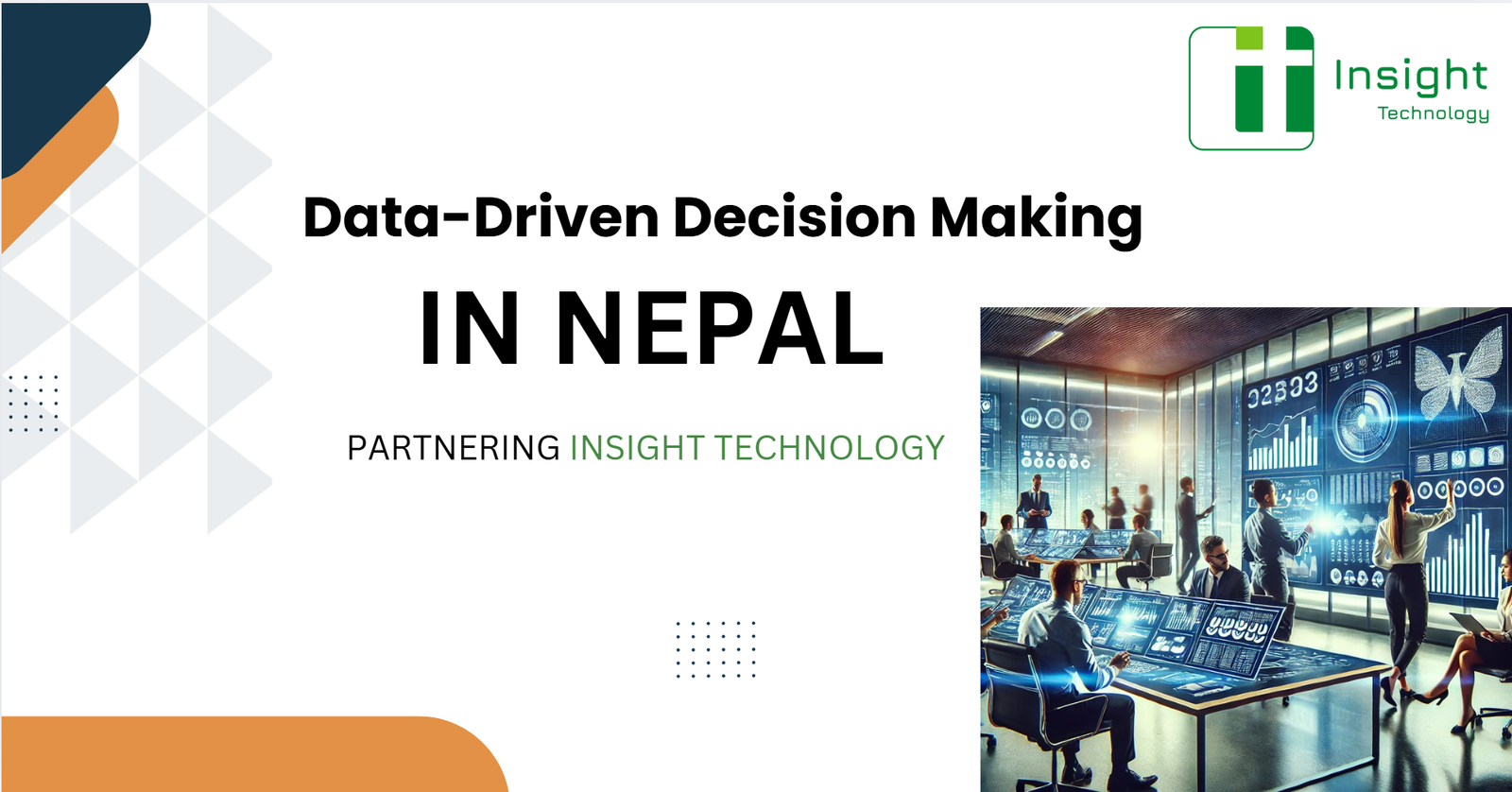
In today’s fast-paced, technology-driven world, data has become the cornerstone of effective decision-making. Data-driven decision-making (DDDM) refers to the process of leveraging data analytics, metrics, and insights to guide strategic and operational choices. Unlike intuition-based decisions, DDDM relies on factual evidence, enabling organizations to make informed, objective, and impactful decisions.
The importance of DDDM lies in its ability to reduce uncertainty and improve outcomes. By analyzing historical and real-time data, businesses can identify trends, predict future scenarios, and optimize processes. For example, e-commerce companies use customer behavior data to personalize recommendations, while manufacturers rely on predictive analytics to streamline supply chains and minimize downtime.
Implementing DDDM requires a structured approach. First, organizations must collect high-quality data from reliable sources, ensuring accuracy and relevance. Next, advanced tools like business intelligence (BI) platforms, machine learning algorithms, and data visualization software are used to analyze and interpret the data. Finally, actionable insights are derived and communicated to stakeholders, enabling them to make well-informed decisions.
However, adopting DDDM is not without challenges. Organizations often face issues like data silos, lack of skilled personnel, and resistance to change. To overcome these barriers, businesses must invest in data literacy training, foster a data-driven culture, and integrate data systems across departments.
The benefits of DDDM are undeniable. It enhances efficiency, reduces costs, and drives innovation. Moreover, it empowers organizations to stay competitive in an increasingly data-centric world. As technologies like artificial intelligence and big data continue to evolve, the role of DDDM will only grow, making it an essential strategy for success in any industry.
In conclusion, data-driven decision-making is no longer a luxury but a necessity for organizations aiming to thrive in the digital age. By harnessing the power of data, businesses can unlock new opportunities, mitigate risks, and achieve sustainable growth.

